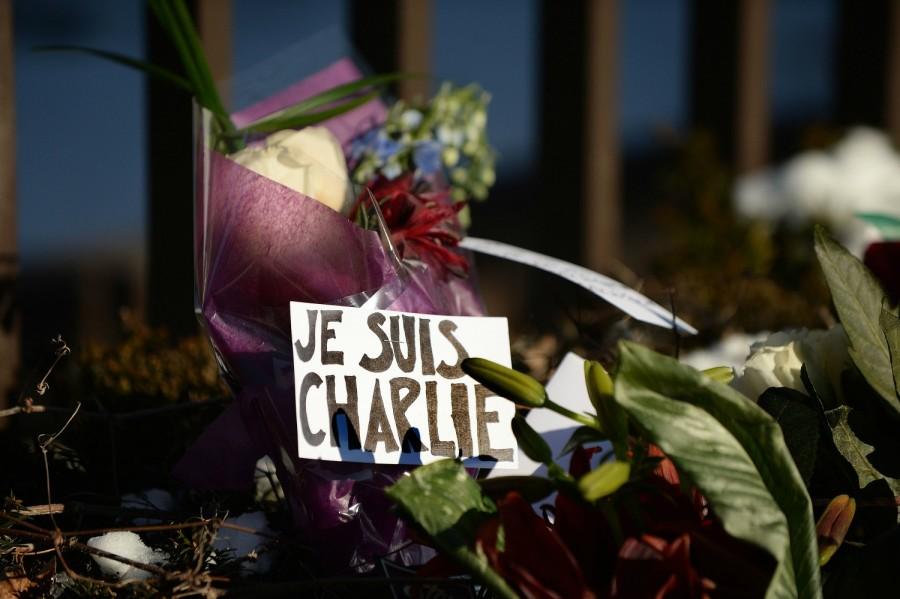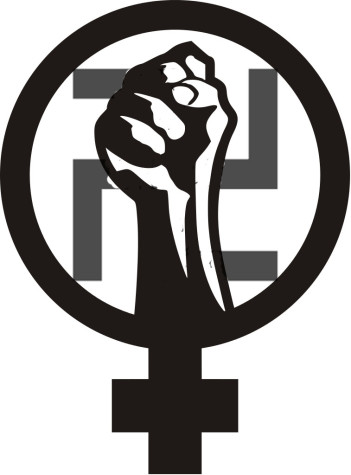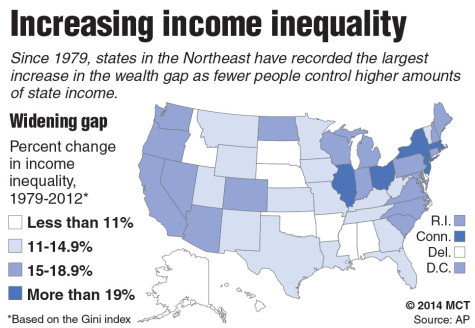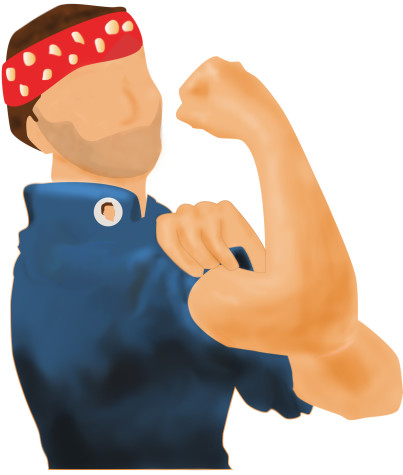Say anything
Free speech is the vital cornerstone of democratic government and freedom.
Upon its publication, Harriet Beecher Stowe’s 1854 novel Uncle Tom’s Cabin, which depicted the horrors of slavery, became an immediate sensation, selling 300,000 copies. The antebellum South, built on the institution of slavery, attacked the book as subversive, and students at the University of Virginia orchestrated a book burning in Charlottesville. A Maryland court even sentenced a former slave to 10 years in prison for carrying a copy of the novel in public.
But anyone who has read an American history textbook knows that Stowe had the last laugh. Uncle Tom’s Cabin inspired an unparalleled cultural focus on slavery; historian Donald Liedel estimated that the production of anti-slavery literature in the North quadrupled after Stowe’s book was published. President Abraham Lincoln met Stowe in the midst of the Civil War and asked her: “Is this the little woman who made this great war?”
Nearly two centuries later, the story of Uncle Tom’s Cabin is more relevant than ever. On Jan. 7, Islamic terrorists stormed into the offices of a French satirical magazine, Charlie Hebdo, and killed 12 staff members. While Europeans and Americans from across the political spectrum were outraged by the violent attack, there has been a fierce battle over the right way to honor Charlie Hebdo. Should the paper’s cartoons, which have depicted the Prophet Muhammad as a porn star and a homosexual, be reprinted? Are countries such as France, that criminalize some hate and anti-semitic speech but allow Charlie Hebdo to print freely, promoting a dangerous double-standard? Perhaps most importantly, what obligations do writers, artists and speakers have in a diverse but open society?
None of these questions are easy to answer. In this month’s issue of The Bear Facts, staff writer Ayman Farid argues that Charlie Hebdo’s cartoons are meant “to offend people and to provoke a reaction all in the name of a good laugh, not to try and solve any social or political world issues.” Farid says that “I will not honor the magazine’s actions.”
In some respects, the editorial board of The Bear Facts agrees with Farid; Charlie Hebdo’s cartoons frequently target the same Muslims who face widespread discrimination and isolation in modern-day Europe. Like the TV show South Park, Charlie Hebdo often promotes entertainment over engagement with societal problems.
However, it would be a gross mistake to claim that the French magazine isn’t committed to solving global social or political issues. In China, Russia and the Middle East, freedom of speech and expression are either under threat or non-existent. Corrupt, brutal regimes are built on a foundation of lies: that votes were counted fairly, that corruption is minimal, that society cannot handle dissent. Soviet author Alexander Solzhenitsyn famously argued that, with free speech and expression, “we would be astonished how quickly the lies would be rendered helpless and subside.” To stand with Charlie Hebdo, to express “Je Suis Charlie” (“I am Charlie”), is to trust that, with the tool of free speech, our society can sort lies from the truth and meaningful words from the white noise.
To stand with Charlie Hebdo is to believe that the lesson of Uncle Tom’s Cabin still holds true. Although Leo Tolstoy called the book an example of “the highest art flowing from God and man,” it’s now widely considered racist, crude and sentimental. Schools have struck it from their curricula. But the political power of the novel, like the attack on Charlie Hebdo, cannot be erased. Four million people marched in support of Charlie Hebdo in France, and the paper’s latest print-run numbered a staggering five million purchases. Terrorists can kill and destroy in the name of the sacred Prophet Muhammad, but remember this: Artistic freedom, which underpins our books, our movies, our newspapers, our songs and countless other forms of creation, is just as sacred.







